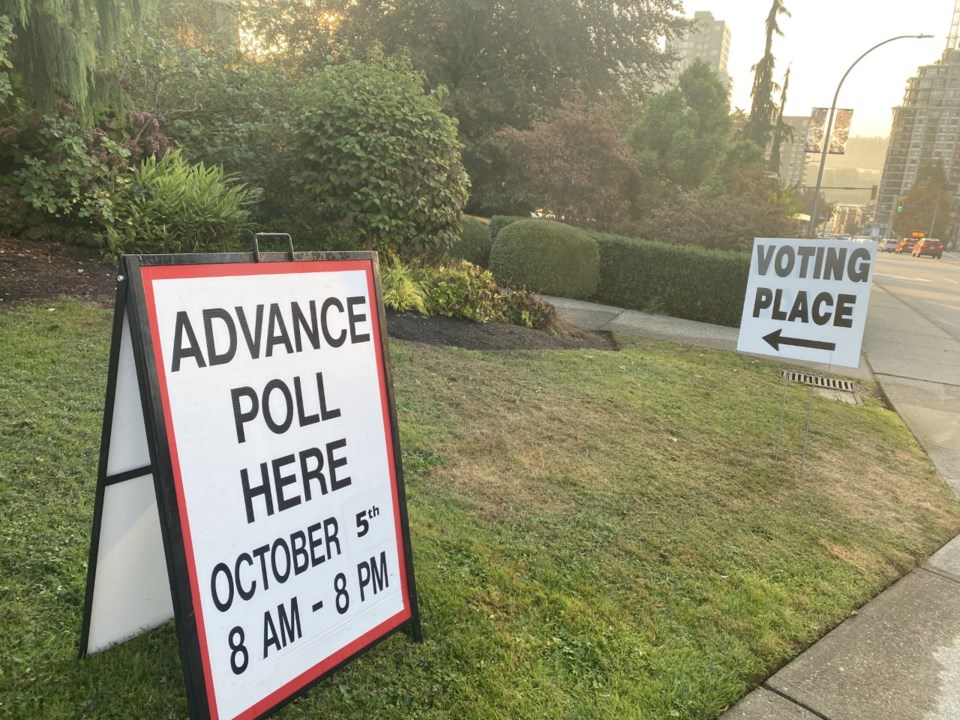Editor:
It’s municipal election time again, and all of us want the best outcome for our city. I attended the all-candidates meeting which was held at the Anvil Centre but, unfortunately, due to environmental concerns and some health issues, I was not able to stay to the end. Therefore, thanks to the Record for the detailed information on all candidates.
I came to Canada in 1967, and one evening the news reporter commented on a place called Pigeon Park in a place called Vancouver. I said to my brother, “I had no idea that news reporters were allowed to make up stories” because I refused to believe that a place like Pigeon Park, as he described it, could exist in a place like Canada. So, in 1971, I came to Vancouver on a holiday, and the first place I went was to Pigeon Park (had to ask for directions; I was very curious) — and to my shock, Pigeon Park did exist.
It has since changed. The residents have moved on, but just around the corner, and they have been joined by others. They have also been distributed throughout the region, and New Westminster is one of the recipients.
The number of people who are unhoused, mentally and socially different, has increased exponentially. and in general the social problems have become so complex that in spite of efforts the problems simply get worse. People are dying on the streets, and the number of unhoused seems to grow each day because of economic or health reasons. So, what would I like to see?
The mayor and council of New Westminster form a strong and collaborative allyship with the provincial and federal governments. This relationship has the potential to bring housing to the city because, as we know, municipalities do not have the financial resources to create housing. The provincial and federal governments bring the money; we provide the land, zoning and infrastructure.
We also work with the agencies to provide wrap-around services when needed. We, the voters, have a major role to play; we want the unhoused off the streets and, given the scarcity of land, that new house might be next door; support is needed to make this happen.
Everyone mentions “affordable” housing. I am not sure what the means anymore. Land is scarce, materials and labour are expensive. The houses might be built, but can the tenants afford the rent? Given the current economy, even some people who are working are finding it difficult to keep up with rent increases. So, this city has the ability to be a leader and work with other levels of government to make rents affordable; perhaps the Residential Tenancy Act needs a major revision.
In the late '80s and '90s there were many treatment centres. There was Pacifica on the corner of Royal Avenue and Eighth Street in New Westminster, a huge one in Maple Ridge and, of course, Riverview and a detox centre were there.
I believe treatment should be available to those who want it. If there are no treatment centres, there will be no incentive to seek help when needed, and where would the mentally and socially different go to get help? We need to work with other levels of government:
- to bring back treatment centres
- to truly address the housing crisis
- perhaps the police are enforcing antiquated laws
- perhaps the courts and interpreting antiquated laws
We need help from the provincial and federal governments. When the number of unhoused increases daily, the number of people dying on our streets increases daily and people are getting attacked at SkyTrain stations (22nd Street station) at two o'clock in the afternoon, we need to envision a different and safer future, and New Westminster could be the leader in these changes.
Angela Sealy




